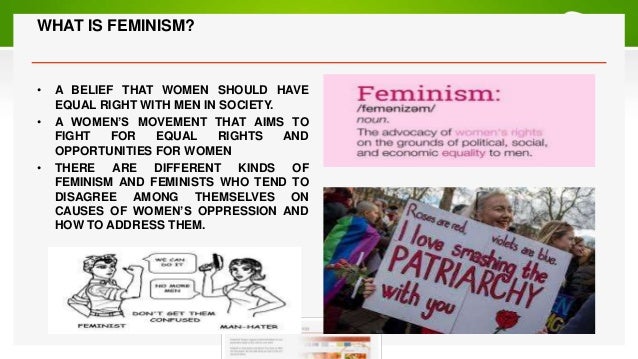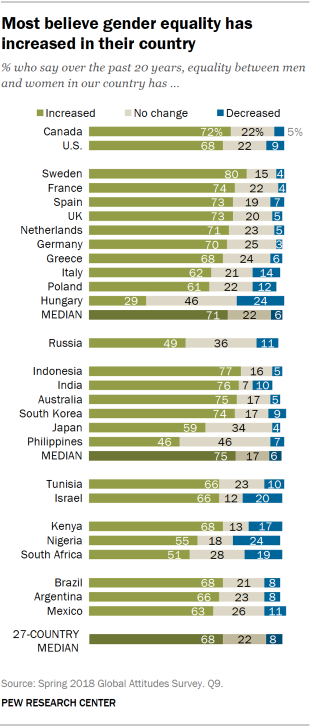Gender Discrimination In The Workplace Philippines

This is why companies have to make a conscious effort to address inequalities in the workplace.
Gender discrimination in the workplace philippines. Current gender issues in the philippines. Even though philippines is reported to be no 1 in gender equality in asia the country still has a long way to go. In an unprecedented event in philippine history early this week the philippine congress finally approved house bill 6416 a proposed legislation that seeks to criminalize discrimination on the basis of sexual orientation and gender identity. Current gender issues in the philippines.
An equal chance for filipino women in the workplace and in society could translate into a 7 increase in the country s economic growth or 40 billion a year by 2025 said a new study that ranked the philippines as the region s leader in gender equality in work. Only 11 out of the 17 companies explicitly use the terms sexual orientation gender identity and gender expression in their anti discrimination policies while only three. This behavior is a civil rights violation and it s illegal in the workplace when it affects the terms or conditions of a person s employment. Does this remain true.
Gender discrimination sometimes referred to as sex based discrimination or sexual discrimination is the unequal treatment of someone based on that person s sex. The legal framework has provided basic frameworks and processes for women empowerment and gender fairness but the dynamics of political and social institutions reinforced by the cultural standpoints continue to provide a push pull effect on gender equality. While efforts are being exerted to strengthen the presence of women in the workforce there is sufficient evidence to support that some women still face pregnancy prejudice sexual harassment and gender pay gap. The gender situation in the philippines can be describe in sum as.
When the world economic forum put together its global gender gap report in 2006 the organization saw the philippines as one among gender neutral countries. Labor force participation human capital the unpaid domestic and care work burden vulnerable employment wage employment decent work and social protection. Despite 84 percent of filipino women believing both men and women have the same opportunities to advance in their careers 69 percent are planning to look for a new job within the next.

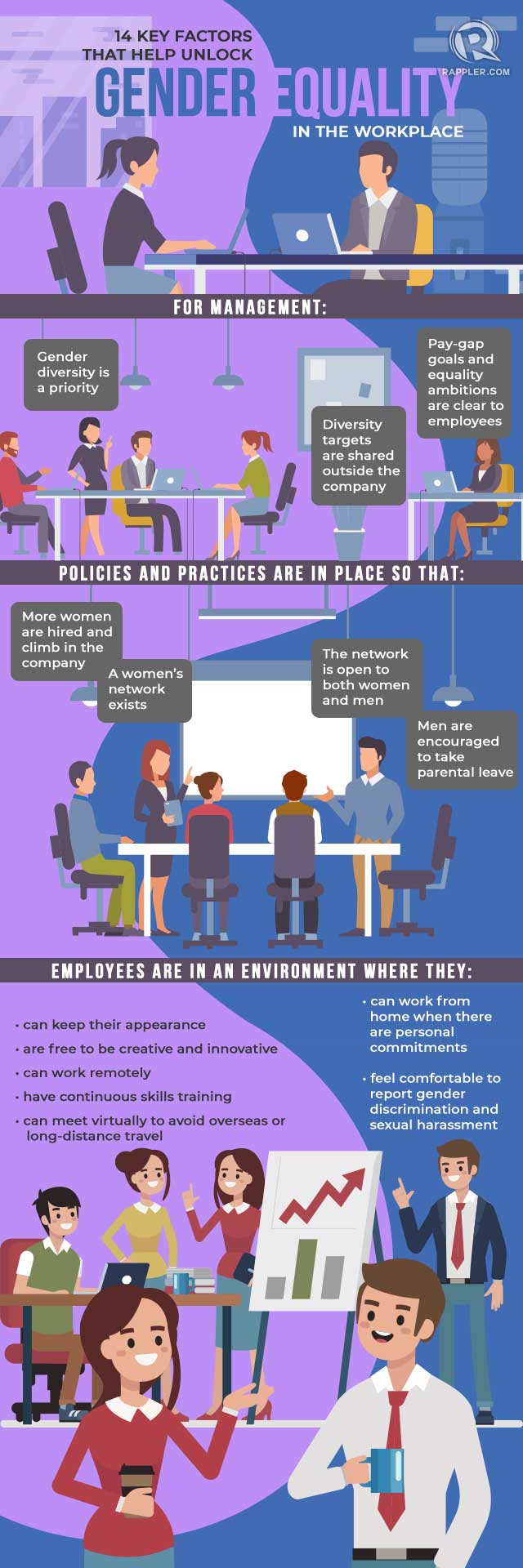

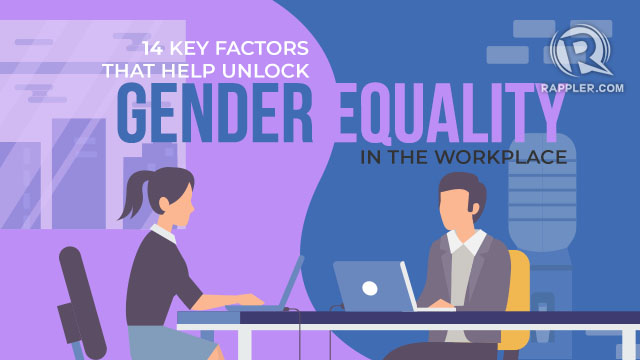
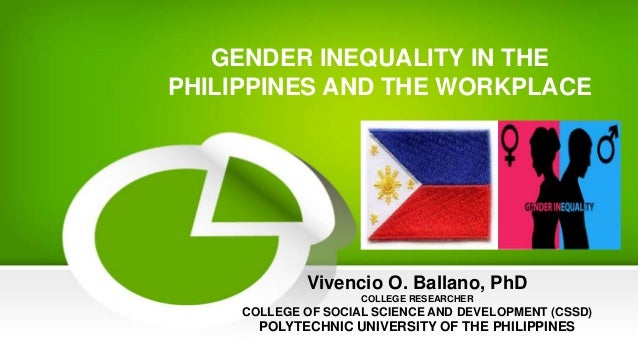
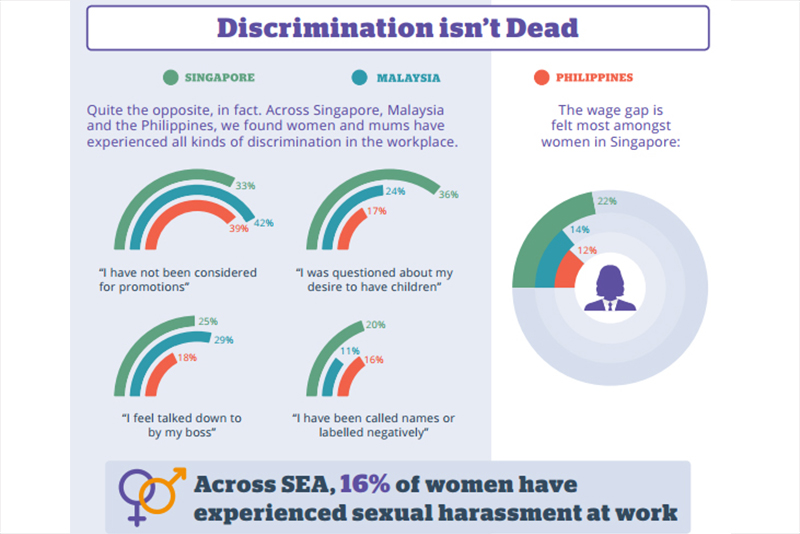


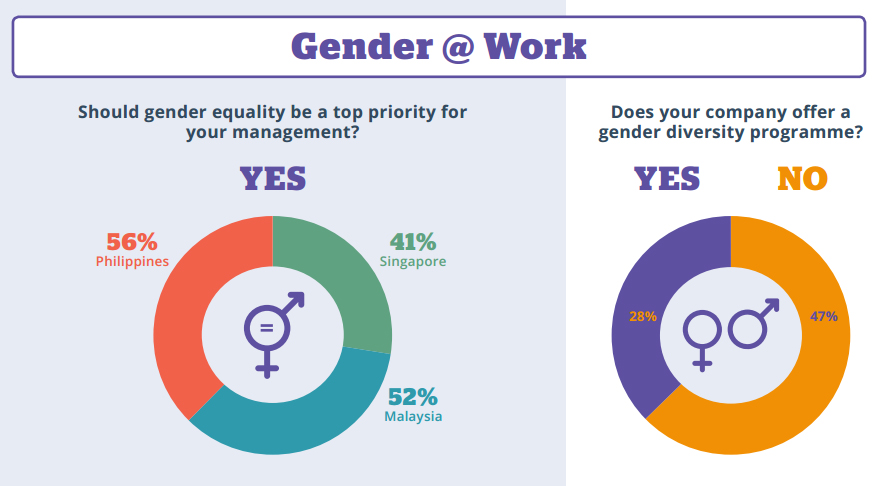
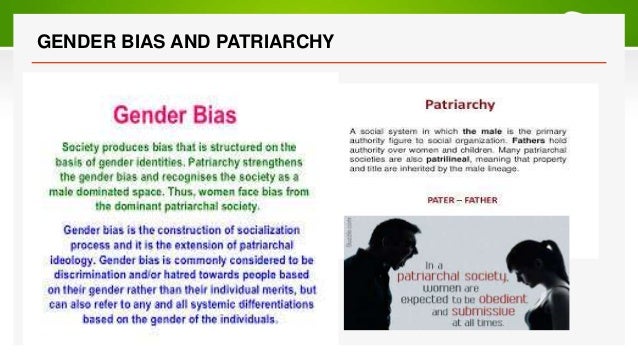

/types-of-employment-discrimination-with-examples-2060914-v2-1c97a4c15c1a45508d6f4514cae5ac33.png)

